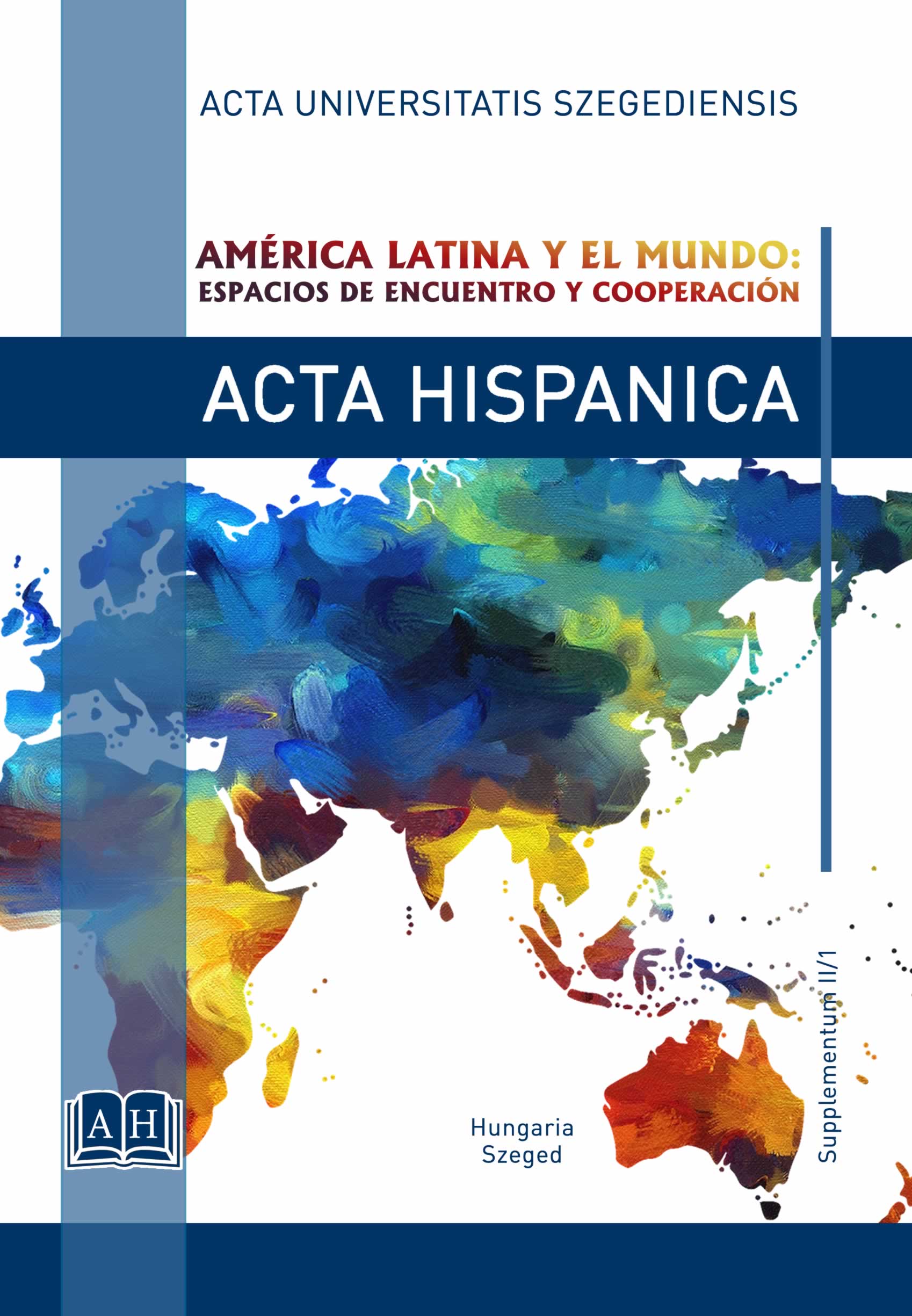Assessment of Student Learning in Colombian Schools and Universities Problems and Challenges
Main Article Content
Abstract
This research identifies and describes the methods, intentions and uses of the results related to both the evaluation of the academic performance and the teaching/learning processes of the students. This study is based on the contributions of 32 professors and 286 students (from under- and posgraduate degree levels) in eight groups of five universities.This study is also based on 45 schools of Basic and Middle levels of Bogotá, Colombia with the participation of 1034 students and 177 professors. The findings are analized using the evaluation characteristics and the formative approach as a mediation for learning. The questions guiding this research are: what are the characteristics that define the forms and intentions of the evaluation of learnings? Is there a similarity in practices, uses of strategies and forms? Do they have continuity at both levels of education? Do they have an answer to the evaluation approach to training? The study is descriptive, analytical and contrasting, it identifies and systematizes the ways in which learning and confrontations with formative proposals are being evaluated. The theoretical foundation comprises the learning evaluation approaches of: Fernández, Nohemí; the Formative Evaluation approach from Álvarez, Juan; the proposal of the mediating evaluation by Hoffmann, Jussara; the evaluation as an ally or enemy of school failure by Katzkowicz, Raquel, and the evaluation of learning as a tool by Jané, Marc. They found how tasks and mid-terms, closed question questionnaires, individual written works such in Law and Masters are privileged. Class attendance, group work, exhibitions and open-ended questionnaires are usual forms in all university programs and at Basic and Middle levels. Trials, group oral exams, field work and visit reports, criteria of formative approach were found to be limited or absent. Evaluation is privileged as a measurement, a qualification, a classification and for exclusion and approval.
Downloads
Article Details
References
Álvarez, Juan (2013). Evaluar el aprendizaje en una enseñanza centrada en competencias. En: Gimeno Sacristán (comp.) 2013. Educar por competencias, ¿qué hay de nuevo? Madrid: Morata. 206-234.
Casanova, María Antonia (2007). Manual de evaluación educativa. Madrid: La Muralla.
Casarini, Martha (2016). Teoría y diseño curricular. México: Trillas.
Camilloni, Alicia R. W. de ‒ Celman, Susana ‒ Litwin, Edith ‒ Palou de Maté, M. del Carmen (2015). La evaluación de los aprendizajes en el debate didáctico contemporáneo. Buenos Aires: Paidós Educador.
Díaz, Ángel (2016). El Examen, instrumento de poder y control en la Educación. Entrevista concedida a la Agencia Informativa Conacyt, en Ciudad de México el 3 de mayo, realizada por Judith Ureña.
Díaz, Ángel (2013). Ensayos sobre la problemática curricular. México: Trillas.
Díaz, Frida ‒ Hernández, Gerardo (2006). Estrategias Docentes para un Aprendizaje Significativo. México: McGraw-Hill.
Fernández, Nohemí (2013). Instrumentos de Evaluación en la Investigación Educativa. México: Trillas.
Gimeno Sacristán, José (comp.) (2013). Educar por competencias, ¿qué hay de nuevo? Madrid: Morata.
Gimeno, J. − Pérez, A. (1996). Comprender y Transformar la Enseñanza. Madrid: Morata.
Hernández, Roberto ‒ Fernández, Carlos ‒ Baptista, Pilar (2006). Metodología de la Investigación. México: McGraw-Hill.
Litwin, Edith (2015). La evaluación: campo de controversias y paradojas o un nuevo lugar para la buena enseñanza. En: Camilloni, Alicia R. W. de ‒ Celman, Susana ‒ Litwin, Edith ‒ Palou de Maté ‒ M. del Carmen. 2015. La evaluación de los aprendizajes en el debate didáctico contemporáneo. Barcelona: Paidos Educador. 11-34.
López, María del Carmen (2007). Evaluación de los Procesos de Enseñanza-Aprendizaje en la Universidad y su Adaptación al Espacio Europeo de Educación Superior. Granada: Universidad de Granada.
López Pastor, Víctor M. (coord.) (2016). Evaluación Formativa y Compartida en Educación Superior. México: Alfaomega.
Ortiz, Juan (2016). Evaluación Educativa, autor de la definición en “Proyecto Diccionario Pensamiento Alternativo II”. Buenos Aires: CECIES.
Schön, Donald A. (1992). La formación de profesionales reflexivos. Hacia un nuevo diseño de la enseñanza y el aprendizaje de las profesiones. Barcelona: Paidós.
Wragg, Edward C. (2003). Evaluación y aprendizajes en la escuela secundaria. Barcelona: Paidós Educador.





